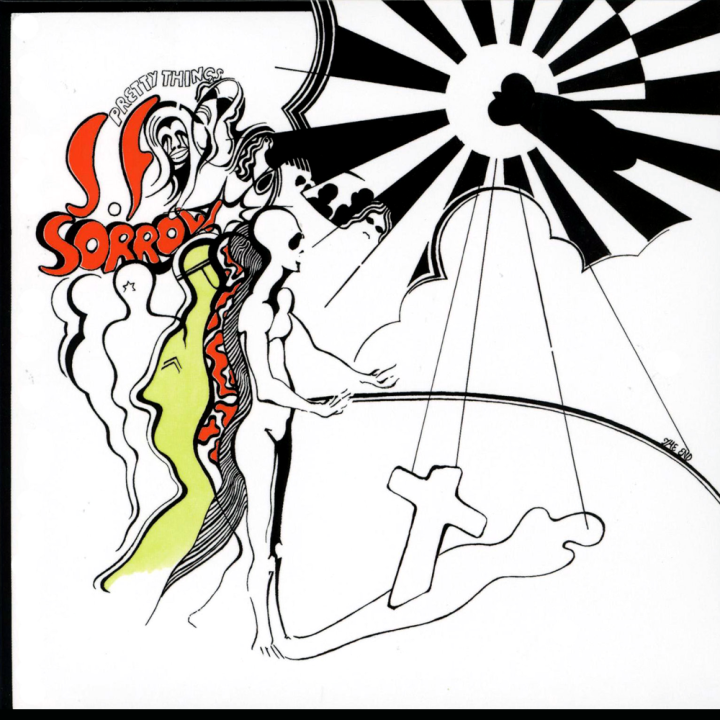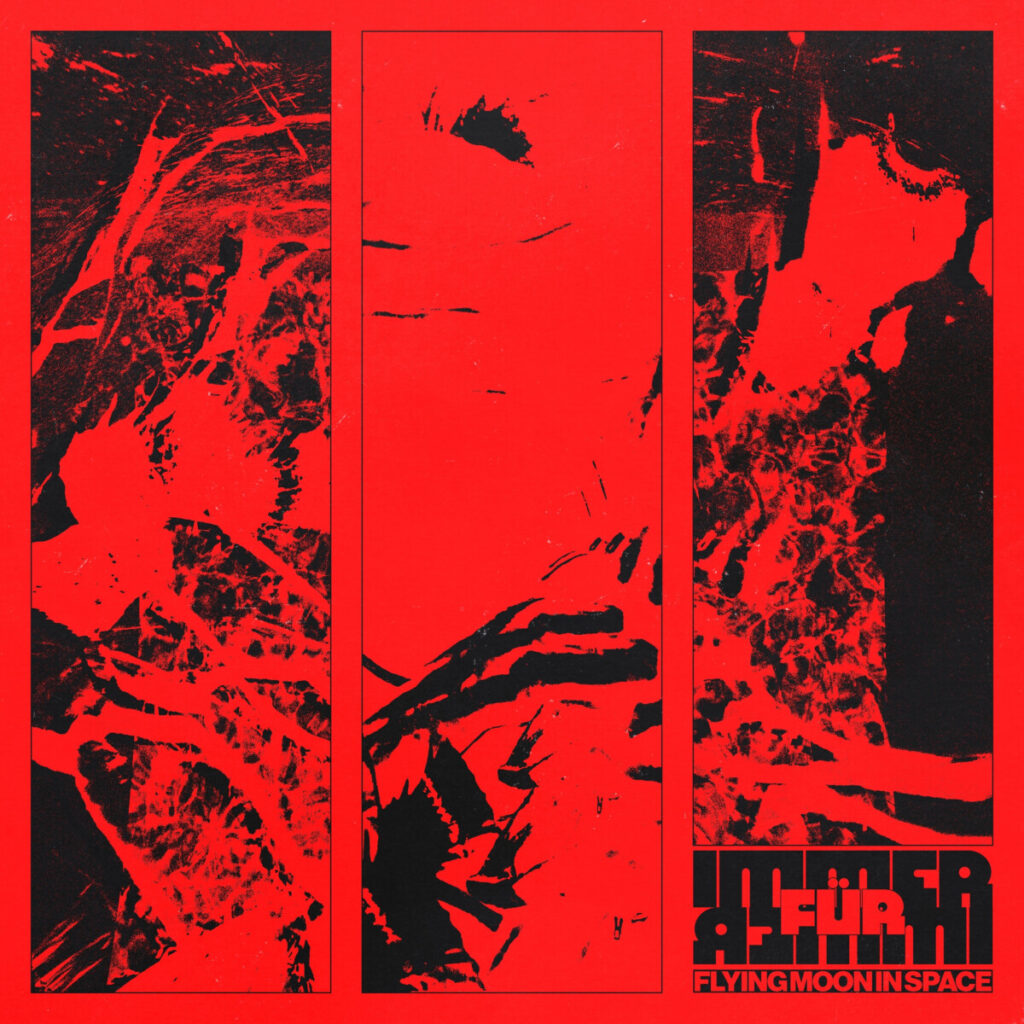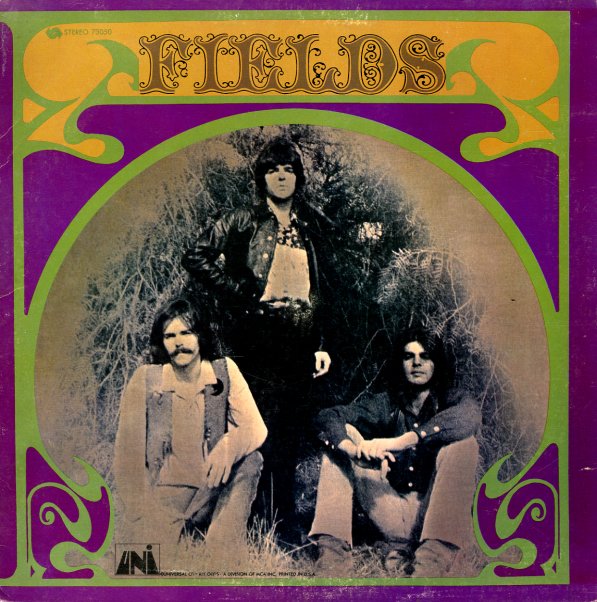The Psych Ward–SF Sorrow by The Pretty Things
The Psych Ward–SF Sorrow by The Pretty Things
Back in the glory days of Limewire, I unscrupulously took advantage of the service to help myself to some music I might not have heard until years later when streaming services became the norm. I was doing research on psychedelic rock and downloaded a song called “SF Sorrow Is Born” from the similarly titled album SF Sorrow by British band The Pretty Things.
I put the song on a bootleg compilation I made and burned it onto a disc. With its Eastern-sounding guitar, mellotron, harmony vocals, and trumpets, the song is a psychedelic delight.
Since I loved the song so much, I had to get the album. The beautifully packaged CD came with seven bonus tracks, including the non-album single “Defecting Grey”, as well as extensive liner notes, lyrics, art, credits, and a paragraph that sets up the story. You see, SF Sorrow is a rock opera—the first of its kind, preceding The Who’s Tommy by nearly a year. Take that, Pete Townshend!
While the storyline is a bit hard to follow, the songs themselves are awesome.
“Bracelets of Fingers”, the second track, opens with a 48-second-long harmony intro. With its unusual song structure, time changes, sitar, and spacey effects, the song is just, well, super-psychedelic.
Another highlight is “Balloon Burning”, which is very dramatic and has this repetitive upfront guitar riff that sounds like an alarm. This song could be the twisted sequel to the 5th Dimension’s “Up Up and Away”.
“Baron Saturday” is perhaps the most Beatle-esque song on the album. It’s full-on British Psychedelia with the lyrics at times being bellowed out in a raspy-throated manner similar to John Lennon’s. Midway through, there’s an intense, extended hand drum section that segues into a few moments of tranquility before the song’s chorus kicks back into high gear.
The first bonus track, the aforementioned “Defecting Grey”, was pretty heavy for 1968, at least in parts. The song jolts back and forth between hard rock, psych-pop waltz, and an acoustic guitar section with twin lead vocals overlaid. It’s a wild song that’s unlike anything else I’ve heard.
It’s a shame the album wasn’t better received. It flopped commercially and was trashed by Rolling Stone critic Lester Bangs. While it gained acceptance over the decades, it’s still only coveted by psych-rock enthusiasts.
The Pretty Things themselves deserved more recognition. They began as a raucous blues-based rock n’ roll band, then dropped a fairly straightforward pop-rock album before releasing SF Sorrow. Unfortunately, it may have been their versatility and ambition that kept them from developing an identity outside the confines of their native UK.
Gallery
Recent Articles
Vinyl Relics: Fields by Fields
•
February 10, 2026
A Tale of Crescendo ~ Epilogue
•
February 7, 2026

Loading...
Vinyl Relics: Would You Believe with Billy Nicholls
- Farmer John



